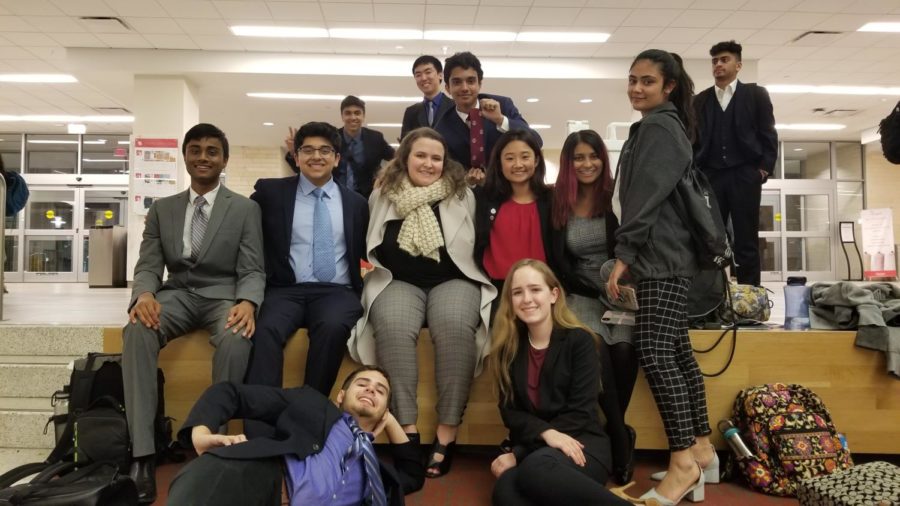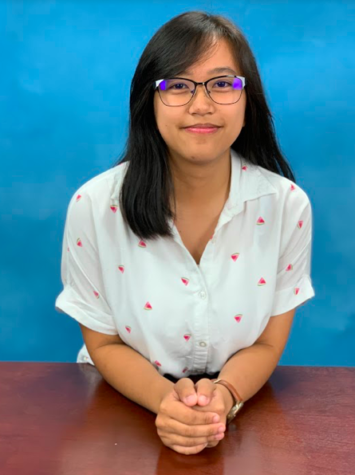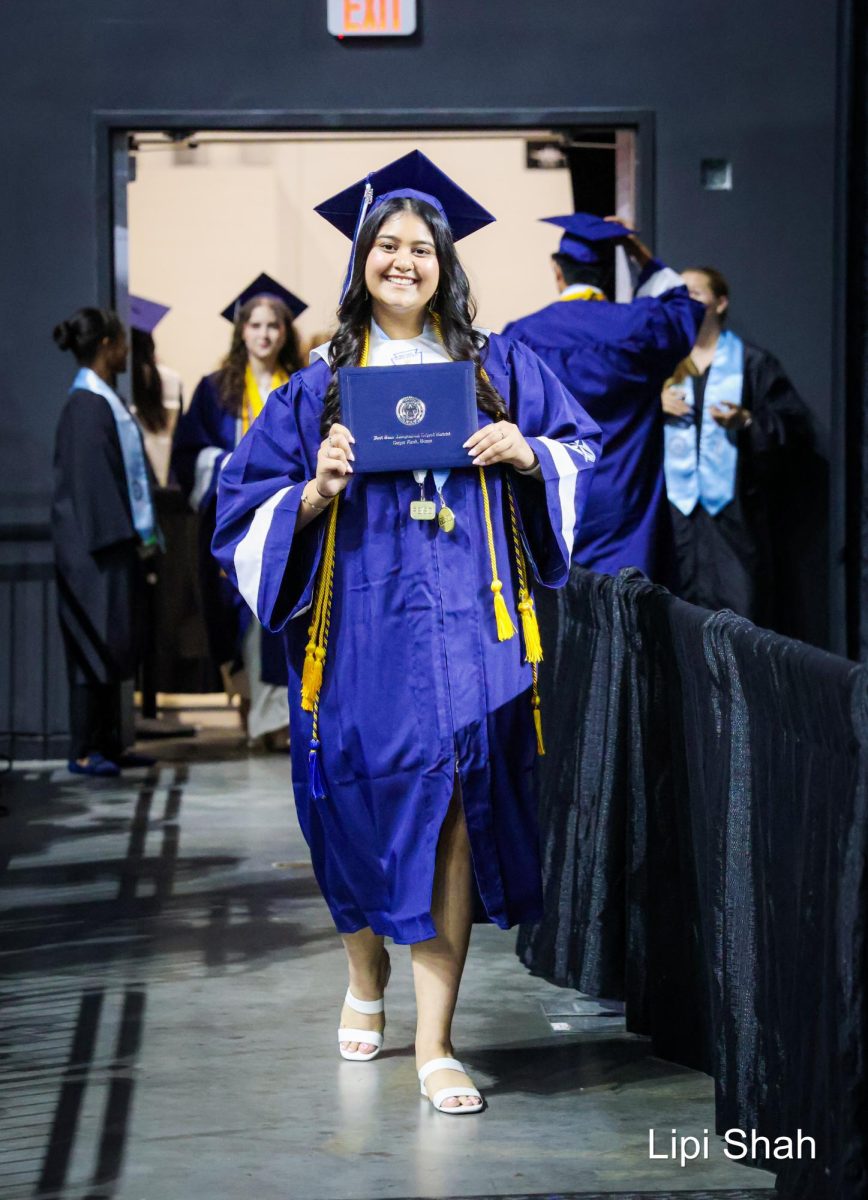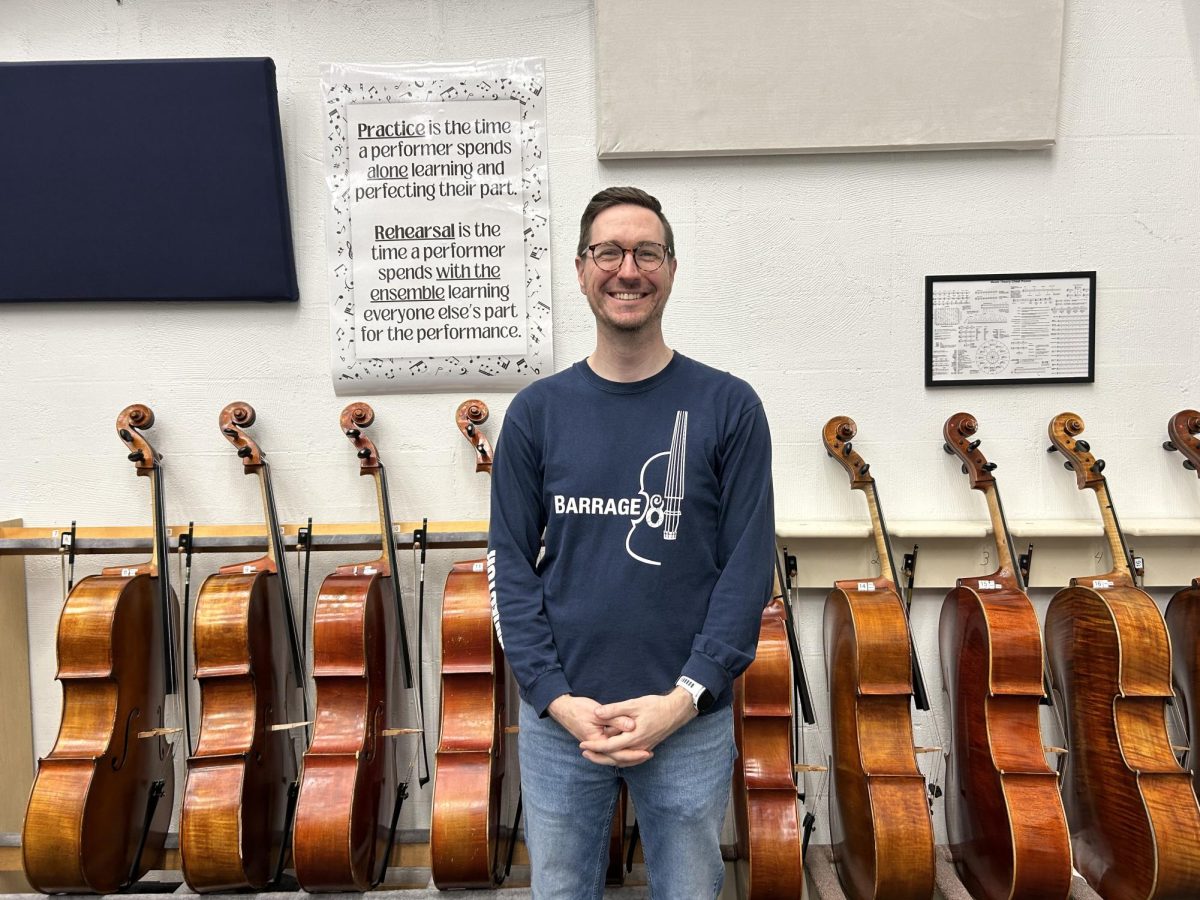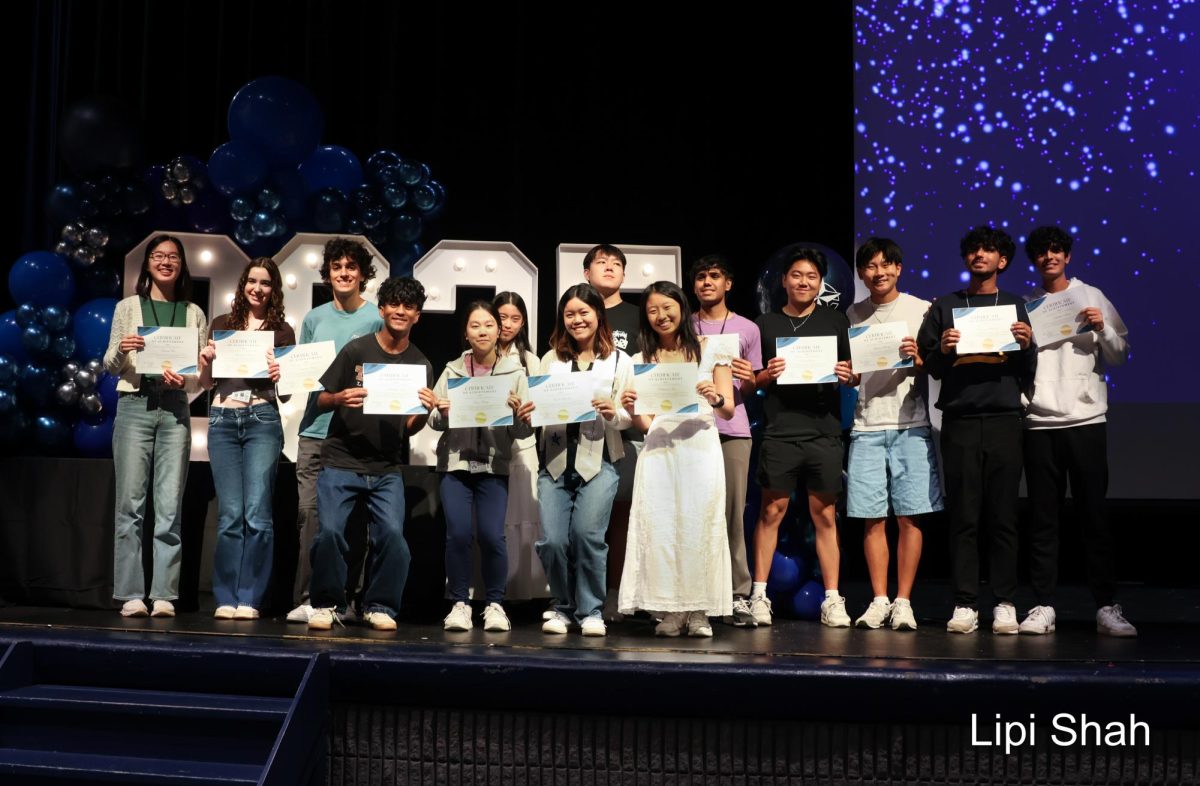Clements Model UN
January 24, 2019
Model United Nations (MUN) is a club that involves its members in a simulation of the United Nations. Sponsored by history teacher Angela Wright, students become delegates of countries and participate in committees in which they discuss and resolve issues affecting the world.
Members of the club attend university-hosted conferences where they would compete for the top delegate spots–honorable, outstanding, and best–in their respective committees. Delegates from other schools are provided with a country and problems that they will try to solve or improve it. Students are also expected to write position papers before the committee, which requires weeks of research to come up with creative solutions. For instance, in Special Political and Decolonization Committee (SPECOL) delegates would talk in a civil and organized manner about the political corruption in Venezuela during moderated caucuses. During unmoderated caucuses, when the rules are suspended, delegates would form groups called blocs to write resolution papers.
Another type of committee is called Crisis where, instead of countries, students assume the role of real or fictional people as they try to mitigate a problem, most often during a historical event. One committee was handled by European leaders in their bid to gain land during the Scramble for Africa. While the context tends to be historical, the debate that ensues is fictional, based on how their countries or people would have approached the problem. Crisis delegates also have to work as fast as they can or they risk the problem spiraling into something worse, as well as threats of assassination that loom over all of them.
Model UN helps students develop their diplomacy, speech, and research skills. According to the president of Clements Model UN Jessica Dae, the experience “helped [her] develop interpersonal skills” despite her shyness. In addition, research and negotiation tactics are crucial during committees delegates have to understand the roles they are undertaking as well as how to compromise with others to accomplish the task. “I was really bad at public speaking, but once I started combining [research and diplomacy], it let me apply what I already knew and gave me new things that were exciting and fun.” Dae would be a prime example of the success of the integration of these skills, considering she was elected President of the club even though she herself had issues speaking up
Because of the comprehensiveness of the club, the skills can transfer to multiple fields. “It helps many different careers. Almost any career can be applied internationally because there’s a wide range of skills that go into [Model UN],” Dae claimed. Dae explained that since many jobs require social interaction, having the skill set to communicate and cooperate is vital to everyone.
Being in Model UN can also help students in becoming more aware of what’s happening in the international community. It serves as a political and social awareness club. But it goes beyond that by having students independently research extensively so they can present a way to solve them. The club can improve students on a holistic approach, rather than one aspect, so as to be able to apply these skills in real life.
In spite of its appeal and the advantages, Model UN is not as big as other school clubs like Debate and DECA in Clements High School. Dae boils it down to regional popularity.
“Debate is really big in Texas as a whole. There’s a lot of debate tournaments and almost all the schools have it and participate in it a lot. Because of that huge environment and community already established, it’s easy for just people to get into Debate,” Dae said.
Model UN, on the other hand, is not as popular in the southern and midwestern regions. According to Dae, there are more universities that host conferences and more active delegations in high schools in New York. “[Texas doesn’t] have as large of a foundation,” she concludes.
In true Model UN fashion, Dae offered a solution to this scarcity problem: “It’s important now for this club to grow and to start establishing more clubs in more schools and more universities so that there are more opportunities for people to participate in.” Dae has already started implementing this in Fort Settlement Middle School, where she started a Model UN club to encourage more students to join.
Citing the importance of growth, as president, Dae is planning to conduct more practices with the goal to prepare more conferences. Every year, delegates participate in Central Texas Model UN (CTMUN) held in The University of Texas at Austin and Houston Area Model UN (HAMUN).
Clements High School is also organizing its own conference in Sugar Land. Nothing has been confirmed yet because they “haven’t gotten everything through the district and the administration and all the logistical things.” But Clements students anticipate hosting the “potentially-called” SugarMUN in City Hall in the spring.

